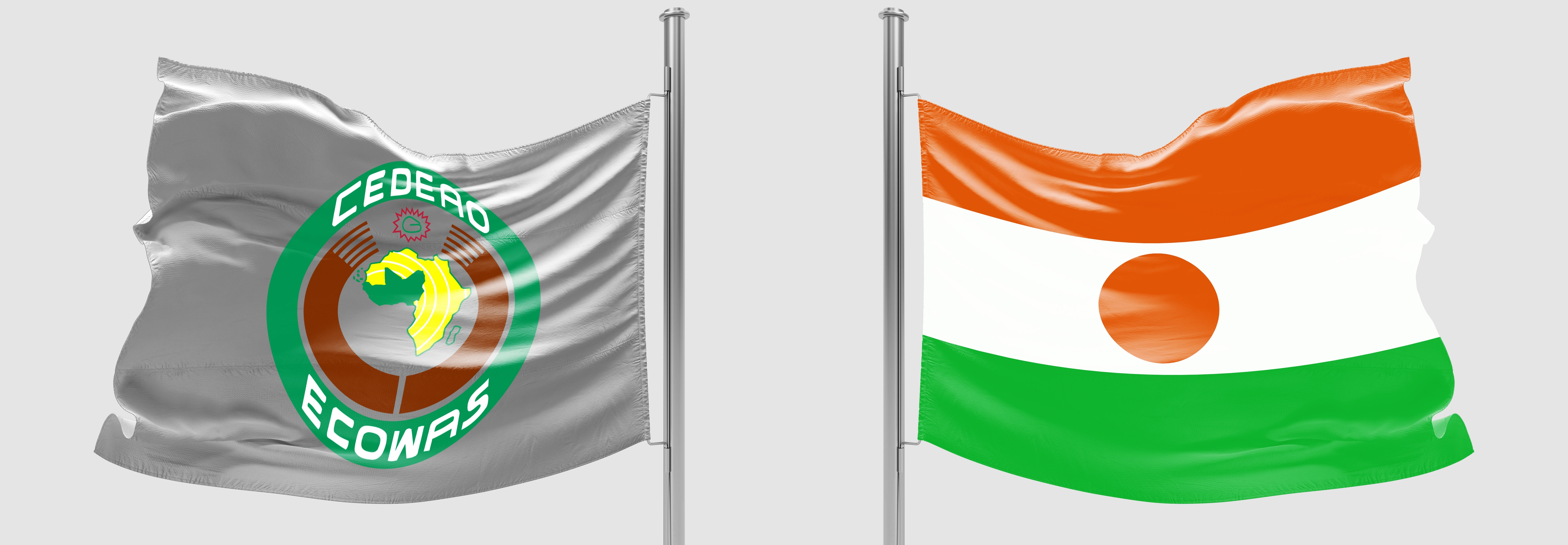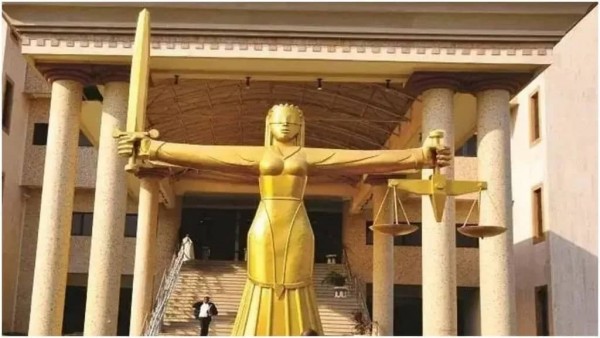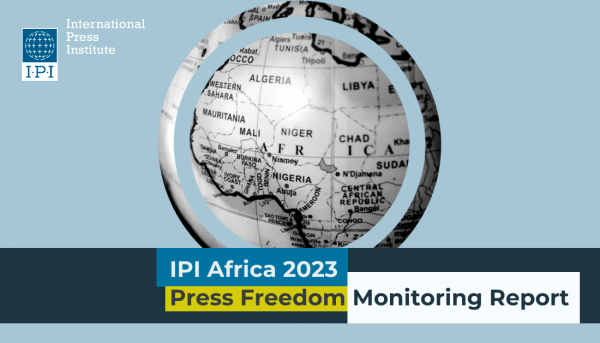The IPI global network welcomes the recent decision by the ECOWAS Court of Justice which declared some provisions of the Nigeria broadcasting regulations as incompatible with the freedom of expression guarantees in the African Charter on Human and Peoples’ Rights (ACHPR).
In a judgment delivered on October 23, 2023, the Court ruled that Articles 3(1)(1) and (2) as well as 15(2)(1) of the Nigeria Broadcasting Code (6th Edition) and Article 15(5)(1) of the Amendments to the Nigeria Broadcasting Code contravenes Article 9 (1) & (2) of the African Charter on Human and Peoples’ Rights (ACHPR).
Nigeria has signed and ratified the ACHPR and is therefore bound by its provisions.
Article 3(1)(1) of the Code prohibits broadcasters from airing content that “encourages or incites crime, leads to public disorder or hate,” is “repugnant to public feelings” or that makes offensive references to “any person or organization, alive or dead” or that generally “disrespectful to human dignity.” Article 15 lays out the sanctions for violating the provisions of the Code which would include revocation of license.
The ECOWAS Court also ordered the Nigerian government to align these provisions with its international obligations and cease enforcing them until they reflect the ACHPR’s freedom of expression guarantees.
“This ruling is a much-welcomed victory for media freedom and freedom of expression in Nigeria – and Africa – as it reaffirms that states have obligations at international and regional levels to protect and promote these fundamental rights,” Nompilo Simanje, IPI’s Africa Advocacy and Partnerships Lead, said.
She added that this demonstrates the importance of utilizing existing regional standards and mechanisms to hold states accountable to their commitments.
IPI urges the Nigerian government to comply with this ruling together with all other international and regional frameworks for the protection of freedom of expression and of the media.
In August 2023, IPI published a resource toolkit on the foundations of press freedom in Africa which outlines international and regional frameworks that advocacy groups and other stakeholders can rely on to improve the media environment, demand accountability, and curb impunity for attacks on the press. Among other frameworks, the document highlights critical decisions handed down by the African Commission, the African Court, and sub-regional courts like the ECOWAS Court of Justice, which further clarify state responsibilities and obligations toward media freedom.



